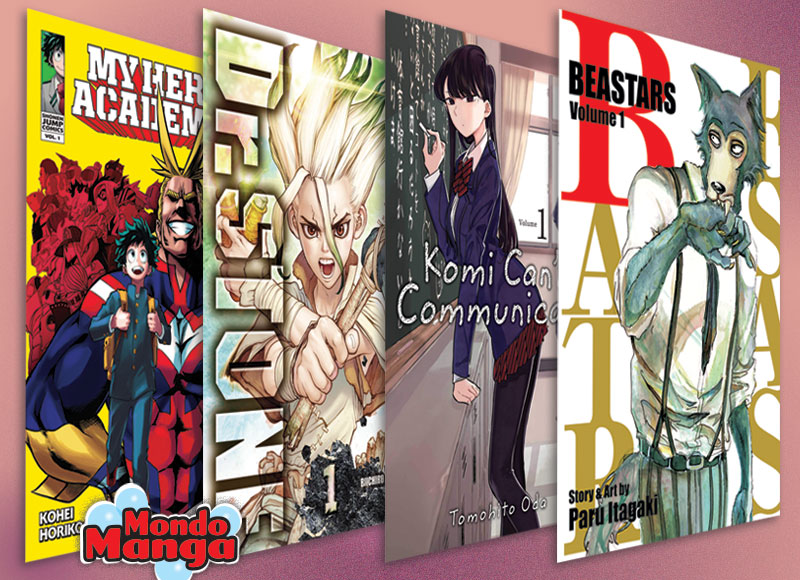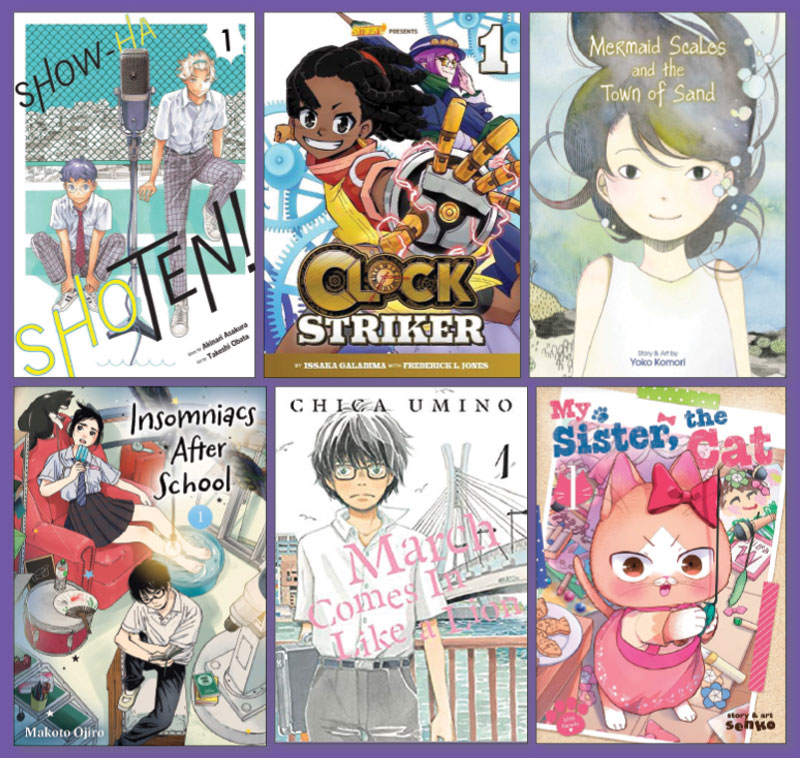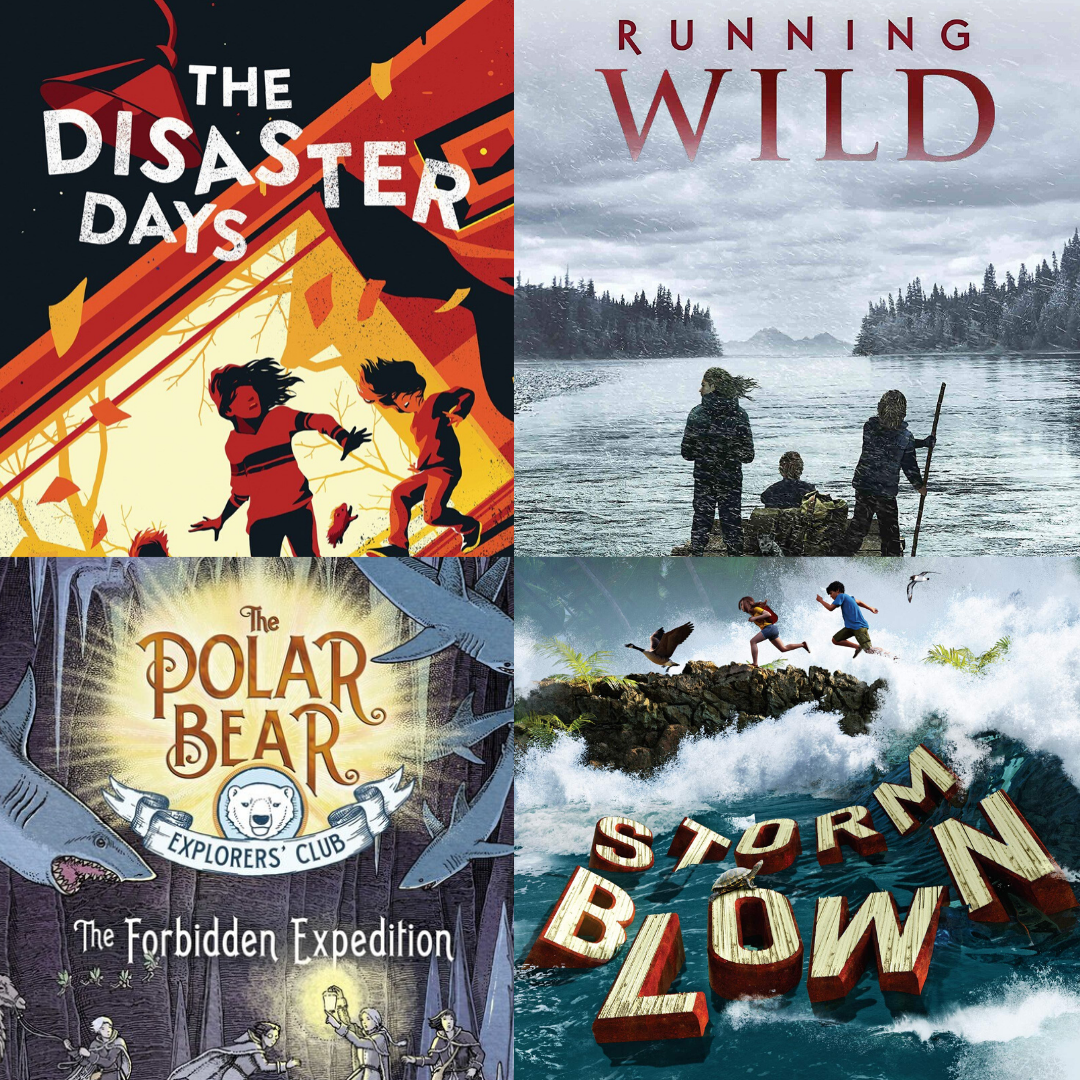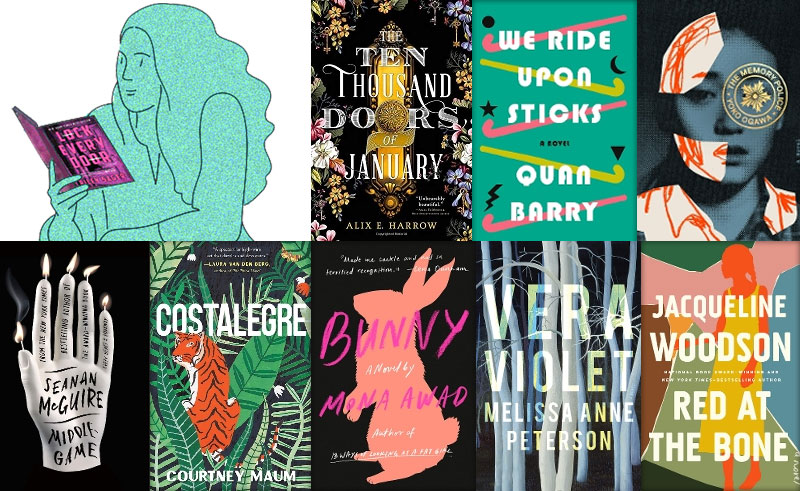Let’s talk Access! And why libraries are radically unsafe places, and that’s a good thing!
Access: Noun
1. the ability, right, or permission to approach, enter, speak with, or use; admittance: They have access to the files.
ADVERTISEMENT
ADVERTISEMENT
– Jo Godwin
-
Everyone has the right to freedom of opinion and expression; this right includes freedom to hold opinions without interference and to seek, receive and impart information and ideas through any media and regardless of frontiers.[1]
 |
| CIP information for I Hunt Killers by Barry Lyga See the subject heading serial murderers? That’s a clue. |
Filed under: Access, Censorship, Collection Development, Reader's Advisory
About Karen Jensen, MLS
Karen Jensen has been a Teen Services Librarian for almost 30 years. She created TLT in 2011 and is the co-editor of The Whole Library Handbook: Teen Services with Heather Booth (ALA Editions, 2014).
ADVERTISEMENT
ADVERTISEMENT
SLJ Blog Network
One Star Review, Guess Who? (#202)
This Q&A is Going Exactly As Planned: A Talk with Tao Nyeu About Her Latest Book
Exclusive: Giant Magical Otters Invade New Hex Vet Graphic Novel | News
Parsing Religion in Public Schools
ADVERTISEMENT










Great. Thank you. By the way, I put free speech in quotes because those organizations I mentioned that claim to support free speech in reality do not. I can cite you example after example, and I will if you request it. Free speech isn't fishy, but the ALA/NCAC claim to be free speech advocates is.
I agree libraries should not be “safe,” but I disagree that the ALA should flat out mislead people into ignoring perfectly legal means to protect people, including patrons and library employees. To that end, I educate people on exactly that point.
We seem to have commonalities. “Of course we want libraries to be safe places in so far as when you walk into my building, I want you to leave it unharmed in any way. BUT, I propose that intellectually, libraries are in fact unsafe places and that is a good thing!” Exactly. Brava!
Please keep an eye on my blog and I'll keep an eye on yours. And thanks for that “honest civil discourse” comment. Likewise.
Thank you for this well written article about access and libraries. In a world where access to information seems 24/7, with social media networks like twitter pushing the brim of instant access to information, I find myself wondering how libraries can improve themselves in providing different forms of access. The 50 shades of gray topic… My library will not buy the books due to a collections policy. Yet many librarians feel this is a denial of access to the materials. When materials become inaccessible through tradiational library means, then I think there something worth discussing.
Regarding the 50 Shades matter, so few have chosen to respect their own collection policies that I could probably guess what library you are in. So you may be interested in seeing this: “NCAC Pushes Porn on Libraries; Fifty Shades of Grey Propaganda: Brevard Buckles, Harford Holds.”
If you are not in one of the mentioned libraries and wish to make a public statement anonymously, pro or con, please consider writing a guest post for my blog.
Waaaaaaaaaaaaaaaaaait a minute…wonderful post with which I wholeheartedly agree aside, when did you attend MVNC/U/Whatever?????? I'm a 1993 grad!
1993 would probably have been my first year. I gruaduated in 1997. It was MVNC then LOL.
The 50 Shades question is an interesting one becuase you have a material that is often described as pornography, but it definitely has some high patron demand. If your library policy says you don't collect porn or erotica, you have definite grounds for not purchasing the material. However, if you subscribe to something like Overdrive it may be available in e-book format (I can't verify that it is, I haven't looked) to your patrons as part of a consortium purchase. The landscape is definitely changing.
It's always nice to have a chance to articulate what I believe and why. Have a great day.
As 50 Shades is not a teen title, I won't spend a lot of time discussing how it does or does not fit into local collection development policies here because it is outside the scope of this blog. I mentioned Overdrive because it is an e-book consortium where by participating, your patrons get access to a larger amount of e-book titles than your single library budget can purchase. This also means that your local library also becomes subject to not just your local collection development policy, but the policies of all the various libraries in the consortium who purchase titles for your consortium. This is also true for any library that participates in any form of Inter Library Loan. In a time of constantly shrinking budgets, more and more libraries are participating in consortiums and ILL to help increase the number of materials that local patrons have access to, this does in fact increase an individual's access. That means that when I only have enough money to buy 2 copies of The Hunger Games, or my copy goes missing at a time when my budget is closed and I can't purchase a replacement, my patrons can often still get access through ILL or via an e-book. This does change the landscape of librarianship because it becomes less locally controlled, but patrons gain more access. It is and always will be up to patrons to make personal reading decisions for themselves and their children – that type of control is never taken away.
Also, please keep in mind, that if you have any concerns about how your local library is operating you can discuss those concerns with the library director or board. Most libraries also have procedures for challenging materials in place including having a well developed collection development policy, a materials challenge form, and a material challenge process to follow. I believe firmly that you can not truly challenge a work unless you have read it in its entirety to ascertain the overall message of the piece. For example, many books with racial slurs often include them to highlight how grotesque racism is so the word in and of itself it not an adequate reason to challenge a book. It is also important to remember that although a work may be personally offensive to you, others in your community may not share that view and they still have a right to access and intellectual freedom.
Karen, you said, “I mentioned Overdrive because it is an e-book consortium where by participating, … your local library also becomes subject to not just your local collection development policy, but the policies of all the various libraries in the consortium who purchase titles for your consortium. This is also true for any library that participates in any form of Inter Library Loan.”
On a different matter unrelated to what we have been discussing, the quote above reminds me of something. Here you are accurately stating that your local library is subject to the policies of the consortium. That makes sense, of course. In other words, your local library is following the recommendations of outside organizations? Right?
I note the above because the ALA argues that local libraries may not follow the recommendations of outside organizations. ALA's Office for Intellectual Freedom says, “Use of the MPAA ratings system to restrict young people's access to films and videos is a violation of the Library Bill of Rights and an impermissible prior restraint on free expression.” Well, does that not apply in the Overdrive situation? Overdrive = good, MPAA = bad? Of course my point is the ALA is wrong to claim it's censorship to follow MPAA ratings.
That said, you have made a lot of sense on issues we have discussed here so far. I'm hoping to entice you to comment on the ALA's view of MPAA ratings (whether or not you include and/or address any of my own comments on that issue).
To clarify on the consortium issue. What I mean is this, each contributing library purchases titles for their own collections based on their own local policies. However, because they share them in the consortium, that means that although I may not purchase a particular title for my local collection, my patrons would still have access to it through the consortium because another library that participates chose to buy it for their patrons. It is not really an outside organization, just simply an item available at a different library than my own that my patrons have access to through this means. This is actually a very good thing, especially if you are in an area with a small library with a limited budget. Overdrive is not an outside institution, it is a vehicle of delivery where the content is determined by every library who chooses to participate. Basically each library contracts to spend a certain amount of money per year to select titles which are available to all the libraries in that system that use it. So my library may have $2,000 to spend on e-books and a bigger library may have $10,000 to spend and together we spend $12,000 – with me selecting $2,000 worth of titles and the other library selecting $10,000 worth of titles but our patrons get access to all $12,000 worth of titles. It's not really a matter of policy, but a way of increasing the number of materials that a patron has access to by sharing among various libraries, usually within geographical proximity.
As for movie ratings, I can only tell you my personal opinion as it is my understanding that movie ratings are done voluntarily and not actually subject to any law. Anyhow, I find movie ratings – any kind of ratings actually – to be completely subjective and dependent on indepdent taste and values, which we already have maintained each invidual has a right to. If I understand it correctly, a committee of 12 watches a movie and determines what rating it should get based on very little guidelines. I personally don't go by movie ratings in my own home because there are things in PG movies that I find offensive that others would not. Similarly, although a movie like Schindler's List may be rated R for its disturbing content, it is an important piece that helps remind us of a truly evil historical time period and we need to understand the depths of human depravity and not wipe the truth of what happened under the rug. In some ways, movie ratings would vary depending on what 12 people were on the committee at that time and they in no way represent my own personal ratings. At the end of the day, the only real way to determine if any piece of art,media, or literature is right for you is to do your own personal reserach. Whether that be looking at a wide variety of reviews as stated above or by watching it first and then determining if it is right for your family. I have walked out of movies, I have turned the channel, I have forbidden tv shows and certain musical acts in my own home – and that is where it stops because I can't forbid it for the world at large. I personally don't subscribe to the MPAA system of rating because it is a flawed system as any type of rating system is because it is SUBJECTIVE to individual points of view.
As for the ALA's stance on the movie ratings, I must honestly say that I am not familiar with it. I must also that although I have been a member of the ALA at various times in my life, every library I have worked at (now numbering at 4) has always been very locally focused. The ALA serves more to keep its professionals updated and educated and to advocate for funding.
I was doing my student teaching and living off campus by then, but we probably passed each other at some point:) I was on Student Government that year, so we may even have met at freshman orientation – I'll pretend I remember you well, and am glad to 'see' you again!